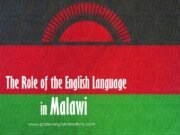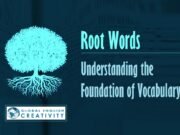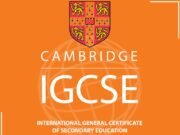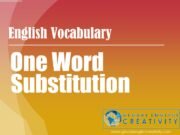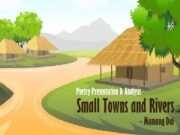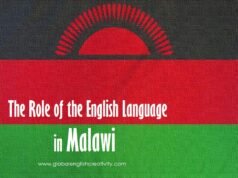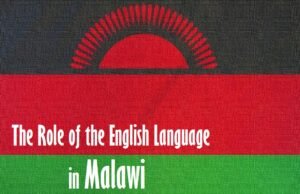English Language in Canada
In the vast and multicultural landscape of Canada, the English language plays a pivotal role as one of the country’s official languages, alongside French. As a nation that prides itself on diversity and inclusivity, the use of English in Canada reflects its unique historical, cultural, and sociolinguistic aspects. This article explores the prominence and evolution of English in Canada, its influence on the Canadian identity, and the efforts to preserve linguistic diversity within the country.
Historical Context
The roots of the English language in Canada can be traced back to the early 17th century when British settlers began establishing colonies on the eastern shores. English gradually spread westward, accompanied by waves of immigration from various English-speaking countries. Despite the influence of other languages, English emerged as the dominant lingua franca due to the political and economic power of the British Empire.
Canadian English: A Distinctive Dialect
Over time, Canadian English evolved into a distinctive dialect influenced by regional accents, indigenous languages, and immigrant languages. Notably, the Canadian accent often differs subtly from both British and American English. Additionally, certain Canadianisms—unique words and phrases—have emerged, reflecting the country’s environment, history, and cultural identity. Terms like “toque” (a winter hat), “double-double” (a coffee order with two creams and two sugars), and “poutine” (a popular Canadian dish) are examples of these distinctive expressions.
Bilingualism in Canada
Although English is widely spoken across Canada, the country has a significant French-speaking population, particularly in the province of Quebec. The federal government recognizes both English and French as official languages, reflecting Canada’s commitment to linguistic diversity. Many public services, such as government communications and education, are provided in both languages, making Canada one of the few officially bilingual countries in the world.
Language Policies and Preservation Efforts
The Canadian government actively promotes and supports linguistic diversity through various language policies and programs. In Quebec, for instance, the Charter of the French Language (Bill 101) was implemented to protect and promote the French language within the province. On a federal level, the Official Languages Act ensures that English and French enjoy equal status and privileges across government institutions.
Furthermore, efforts are made to protect and preserve indigenous languages, recognizing their crucial role in the country’s cultural heritage. Many indigenous communities are revitalizing their languages through language immersion programs, language classes, and community-based initiatives.
English in the Media and Education
English plays a central role in Canada’s media landscape, with the majority of television, radio, and print media being in English. This accessibility allows for widespread dissemination of information and fosters a sense of national identity.
Regarding education, the majority of Canadian schools teach in English. English-language universities are prevalent, and English proficiency is often required for entry into higher education institutions. However, French-language schools are also available in regions with significant Francophone communities.
Conclusion
The English language in Canada represents not only a means of communication but also an essential component of the nation’s identity. Embracing its multicultural heritage, Canada has successfully navigated linguistic diversity, providing equal importance to both English and French while respecting the rights and cultures of its indigenous communities. The continual efforts to preserve and promote linguistic plurality showcase Canada’s commitment to inclusivity and serve as a testament to the country’s rich linguistic mosaic.
also see:
| ENGLISH LANGUAGE IN SINGAPORE |
| ENGLISH LANGUAGE IN AUSTRALIA |
| ENGLISH LANGUAGE IN FRANCE |
| BRITISH ENGLISH – AMERICAN ENGLISH |
| INDIAN ENGLISH – AMERICAN ENGLISH |
| USEFUL EXPRESSIONS IN ENGLISH SPEAKING |

